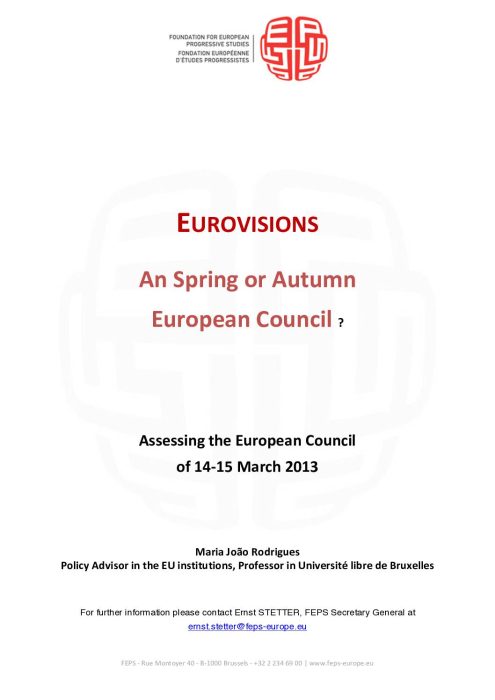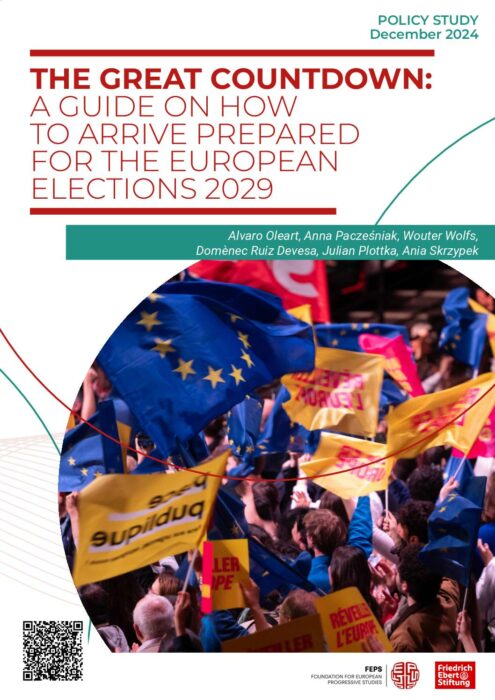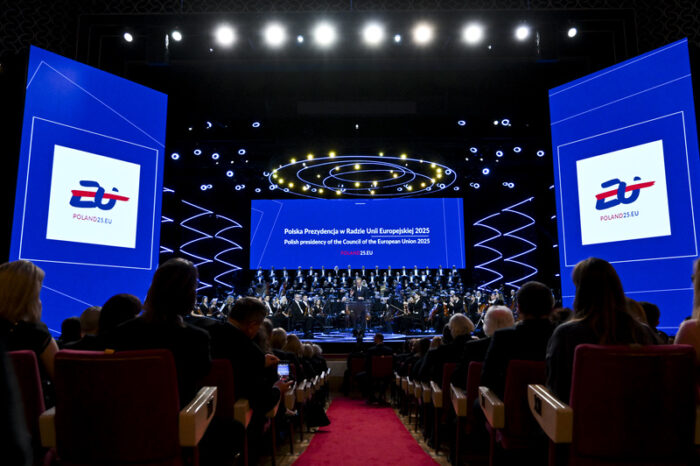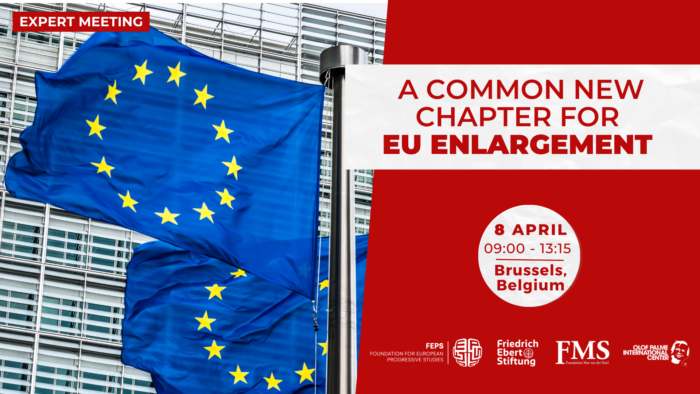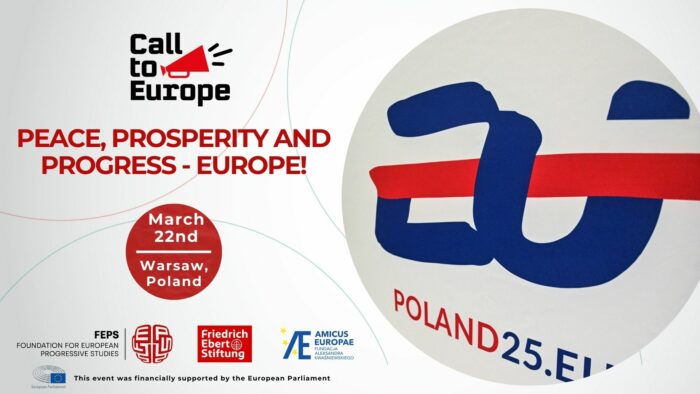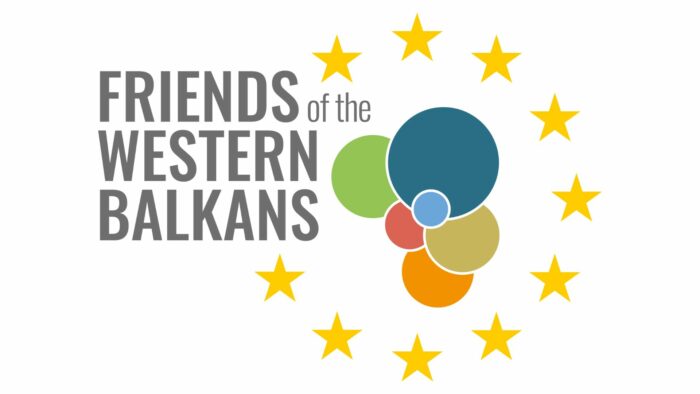Find all related publications
Publications
Find all related Progressive Post
Progressive Post
Find all related events
Events
Upcoming
Past
29 - 31/01/2025
Addis Ababa, Ethiopia
21 - 22/03/2025
Warsaw, Poland
Find all related news
News
Find all related in the media
In the media

